Senior Dog Care & Pain Relief
Our mission is to help your dog age well and live the best possible life. Using unique blends of all-natural, powerful ingredients, Happy Healthy™ supplements can heal common pain points and revitalize your senior pup.



Senior Dog Care & Pain Relief
Our mission is to help your dog age well and live the best possible life. Using unique blends of all-natural, powerful ingredients, Happy, Healthy™ supplements can heal common pain points and revitalize your senior pup.


Comforts For Your Senior Dog
How do I know if my senior dog is suffering?
When humans are in pain, we can tell based on verbal, emotional or physical cues. However, with dogs this is not always the case. Dogs are instinctively wanting to hide their pain to prevent others around them from viewing them as weak. These instincts are what dogs found valuable and necessary to survive in the wild. Because of these instincts, it is often hard to tell right away if your dog is suffering or in pain.
There are cues to look for in your senior dog that may help you identify if your dog is suffering.
- Weight loss due to decrease in appetite.
- Whining and yelping
- Heavy or shallow panting and breathing
- Changes in shape of pupils
- Squinting from eye pain
- Excessive licking of one area
- Favoring different legs over another
What can you do for an aging dog?
Aging is a natural process of life for humans and for dogs alike. Senior dogs require a different type of lifestyle than those of younger dogs or puppies. There are many things you could do to ensure your senior dog gets the attention that he/she needs to continue to live a happy and healthy life.
It is very important to always keep your aging dog active. Even the smallest walks in the day are essential to helping your dog keep up stamina. As dogs age they will have a decreased stamina and energy. Exercise is essential to maintain a healthy weight and help their joints. Start small and work your way up to what your pup can handle. It is important to not overdo exercise with your senior dog as it could do more harm than good and could cause injury and joint pain.
A healthy diet is essential in all stages of life, but especially essential in an aging dog. Providing the right balanced diet will help your dogs overall health. Providing a rich diet in Omega-3, and 9 fatty acids have been proven to improve dogs skin, joints, brain and eye health. Daily supplements that are formulated specifically for aging dogs will ensure your dog gets the proper vitamins and nutrients needed for a healthy lifestyle.
Another important way to care for your aging dog is increased vet visits. These frequent vet visits will keep your dogs blood work up to date and provide you with the best customized care for your dog.
Consider trying Hemp oil for your aging dog. Hemp oil has been proven to help decrease anxiety and stress. It also provides a great amount of pain relief. As dogs age, it is common for dogs to start to experience joint pain which contributes to decreased mobility. Keeping your dog pain free will help with anxiety and increased appetite.
Will Hemp oil help my elderly dog?
Many elderly dogs experience great benefits from taking hemp oil as a daily supplement. Hemp oil contains endocannabinoid receptors. These receptors are in charge of regulating our bodies.
Hemp oil acts as an anti-inflammatory. It does not just work as an anti-inflammatory in one part of the body but targets all parts of the body at the same time. Inflammation is very common in elderly dogs joints.
Hemp oil also helps dogs who suffer from anxiety. As dogs get older, their anxiety increases. Elderly dogs are more likely to become anxious from different noises as well as experience more separation anxiety.
Hemp oil also helps increase elderly dogs’ appetite. When dogs age they start to develop more medical issues. A lot of these medical issues cause dogs to feel weak and have nausea or loss of appetite. Hemp oil helps dogs to have an increased appetite which will help your dog become stronger and more active.
What can I give my older dog for joint pain?
There are many great supplements that iHeartDogs offers for joint pain. Supplements for joint pain do not just help with pain management but also help strengthen dogs’ joints and hips at the same time.
Supplements rich in glucosamine, MSM, chondroitin and organic turmeric are great for senior dog joints. These supplements help your dog with pain reduction, slow the breakdown of cartilage, and improve mobility.
Hemp oil is also a great supplement for senior dog’s joints by reducing inflammation in the joints and therefore easing pain.
Supplements containing Omega fatty acids 3, 6, and 9 help support joint health. One of the other great reasons to use these Omega supplements also helps support a healthy coat, heart health, brain and eye health.
How can I strengthen my old dog’s back legs?
Weakening of hind legs is very common amongst senior dogs. One of the important ways you can strengthen your dogs hind legs is going for a walk. It is important to not overdo it when taking your senior pup out. Only do as much walking as your pup can handle. Overdoing it could cause more harm than good.
If you are not able to take your pup out for a walk, there are exercises you can do at home. A common exercise is to mimic walking by having your dog lay on their back. You can then slowly stretch and move their legs.
Supplements are an excellent source of nutrients to help dogs who have weakened hind legs. Supplements tailored towards joint and hip heath are a great source of Omega Fatty Acids, as well as glucosamine.
Healthy diet and weight are essential to helping your pups joints stay strong. Consider adding food toppers to your pups diet to help your dog eat their food while adding nutrients as well. If your dog is overweight then that weight is adding pressure to the joints. In short, the less pressure on the dogs joints the easier it is for a dog to move.
At what age is a dog considered senior?
Many people think that their dog is a senior because in dog years (1 human year equals 7 dog years) they may be considered what humans consider a senior. However, it is not a clear cut answer. Dogs breed and size are taken into account when your dog is considered a senior. Larger breeds are considered seniors earlier than smaller breeds because research has shown they don’t live as long.
- Small breeds 22lbs or less, are considered a senior between 10 and 12 years old.
- Medium breeds 23lbs-55lbs are considered a senior between 8 and10 years old.
- Large breeds 56lbs or over are considered a senior between 6-7 years.
What are the warning signs your dog is crying for help?
Our biggest fear as pet owners is that our dog may be in pain or suffering and we don’t know it. If only our beloved four legged friend could communicate in words how they are feeling. Simply put, dogs don’t speak English. Thankfully there are cues that dogs provide for us to tell us they are suffering.
Shaking can mean many things such as being cold or anxious. However, shaking can be a reaction to pain as well.
Pacing back and forth for a dog is a way for them to relieve stress when they are emotionally worried.
If you notice a change in your dog’s eyes, it is possible it’s a reaction to pain. Many dogs will have widened pupils so you can see more whites in their eyes.
Some dogs when they are stressed or in pain tend to hide. They are instinctively not wanting to show their master they are in pain. This is because they don’t want to appear weak in nature.
Do older dogs get cold easier?
There is a reason senior dogs want to bundle up at night and appear to be more cold. As a dog ages, your dog will have a harder time trying to regulate their temperature. Keeping your dog nice and toasty will help your dog from joint and arthritis pain. Consider adding some extra blankets on your dog’s bed at night. Even investing in that cute dog sweater you saw at the store might be worth a try on those cold days. Other options are to use a heating pad that can be plugged in on low settings. It is important to note that when using a heating pad to monitor your dog for overheating. Also only use the heating pad when you are present in the room.
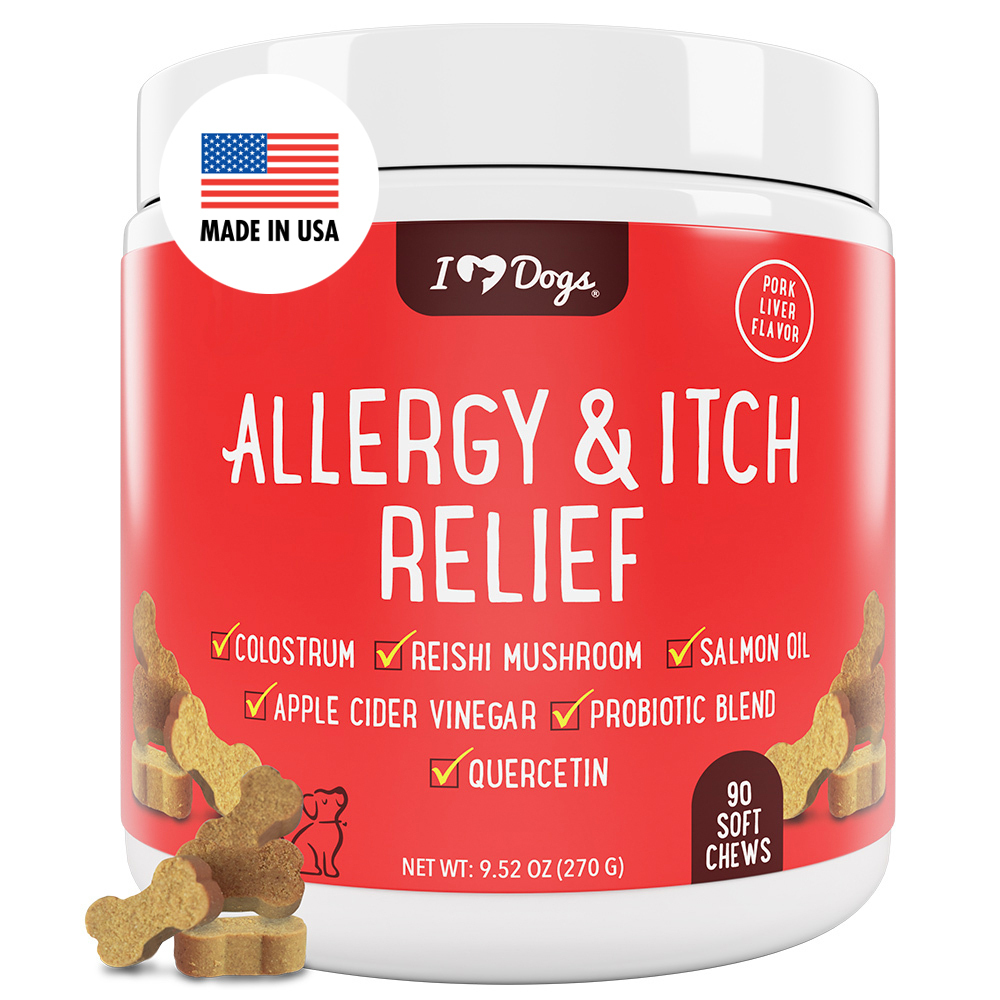


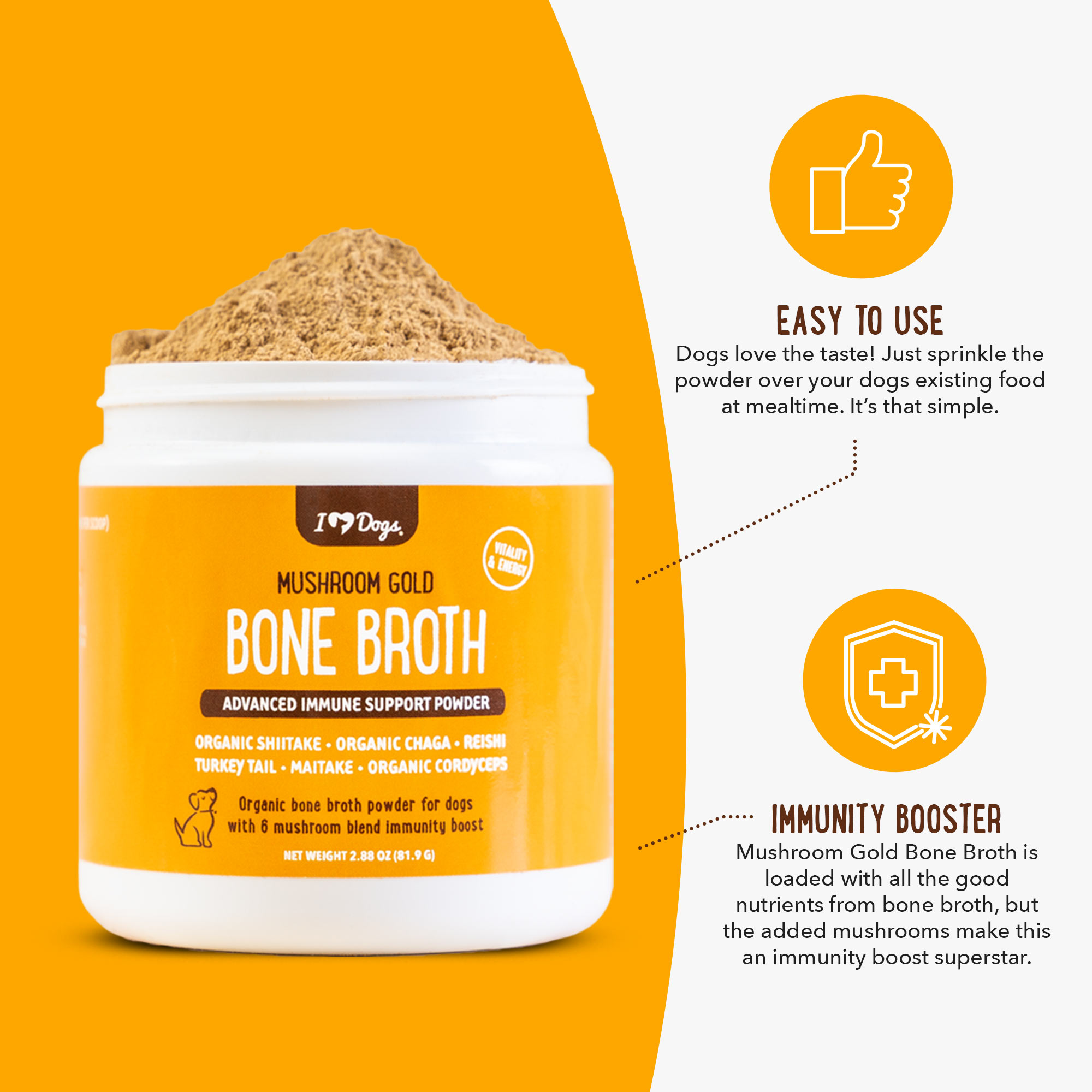



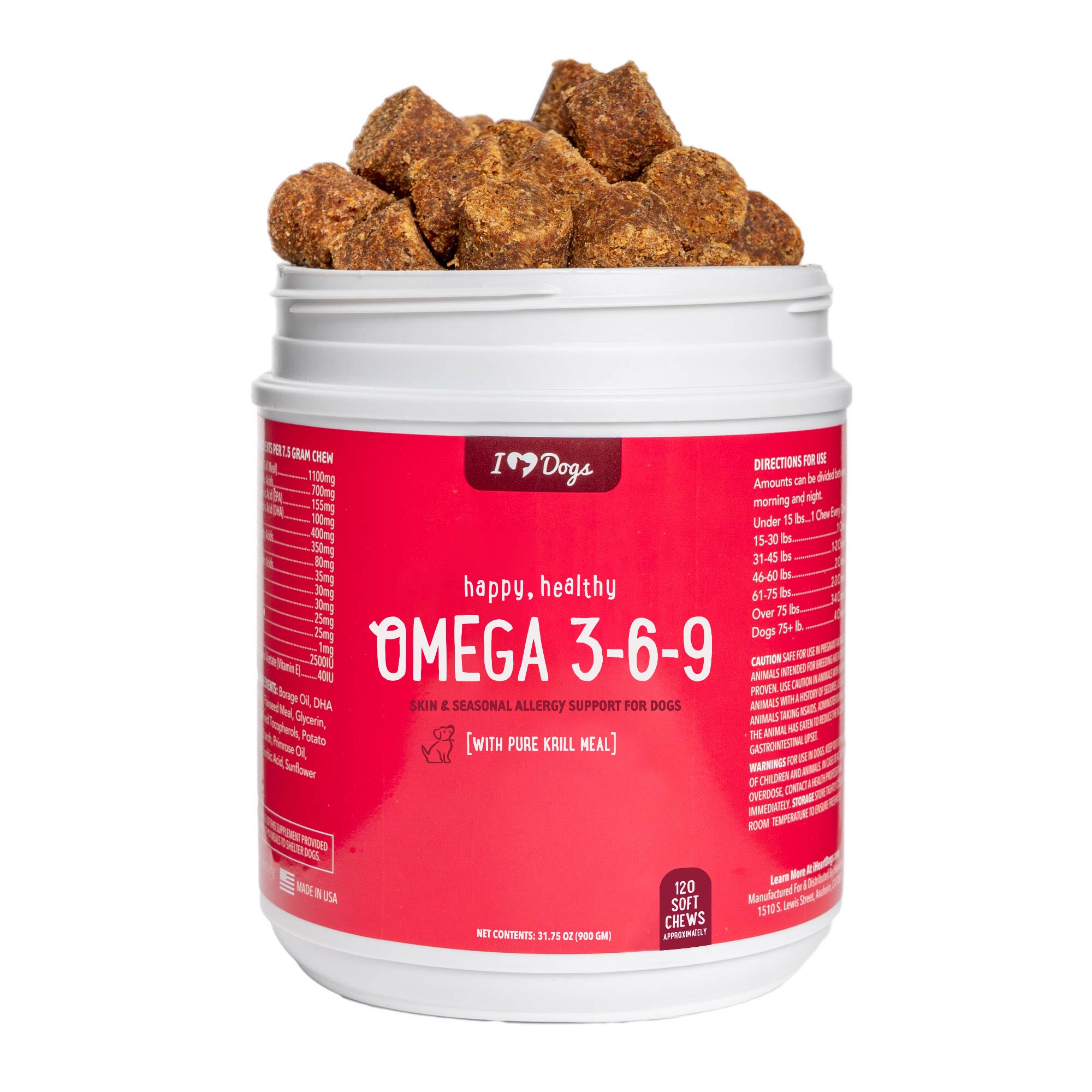




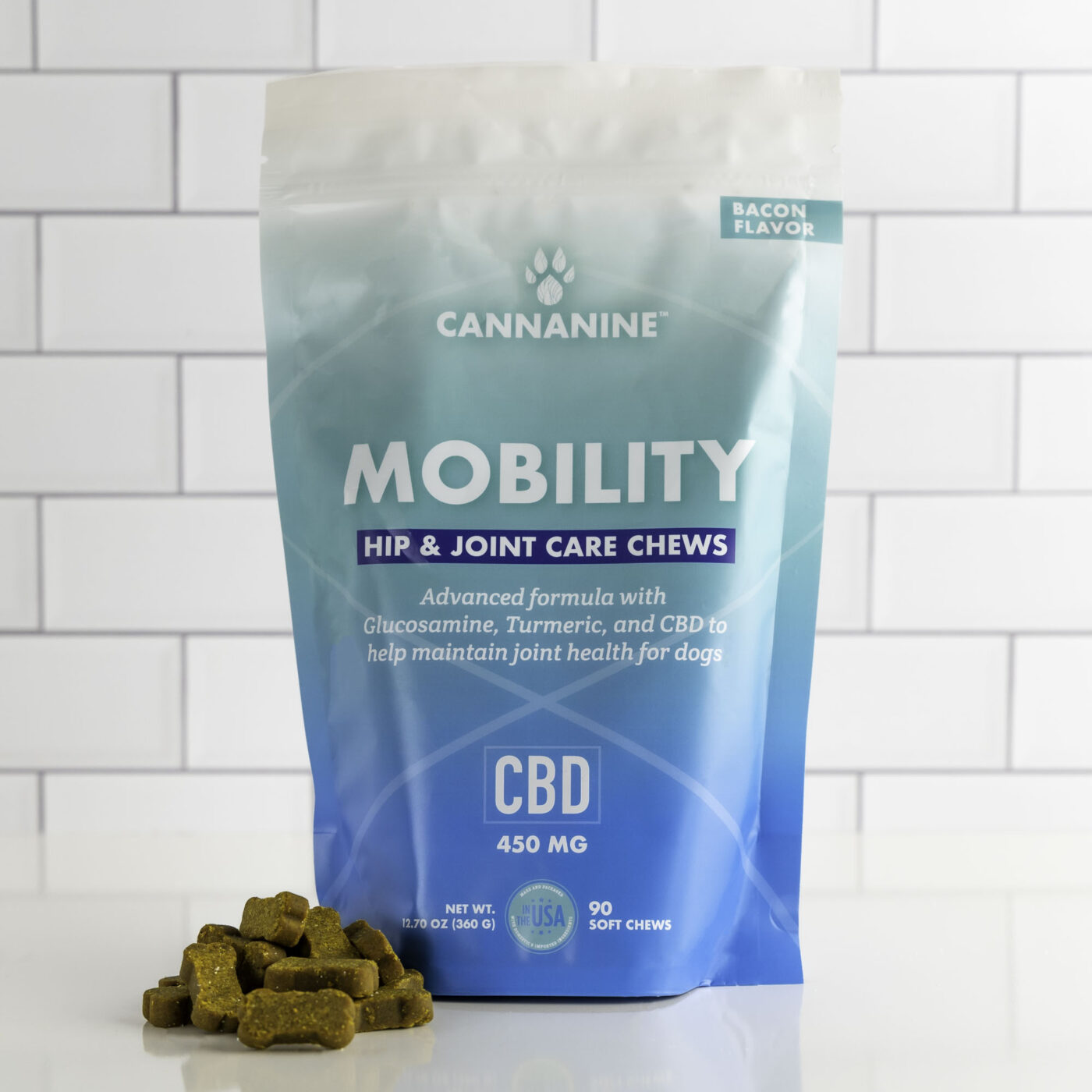

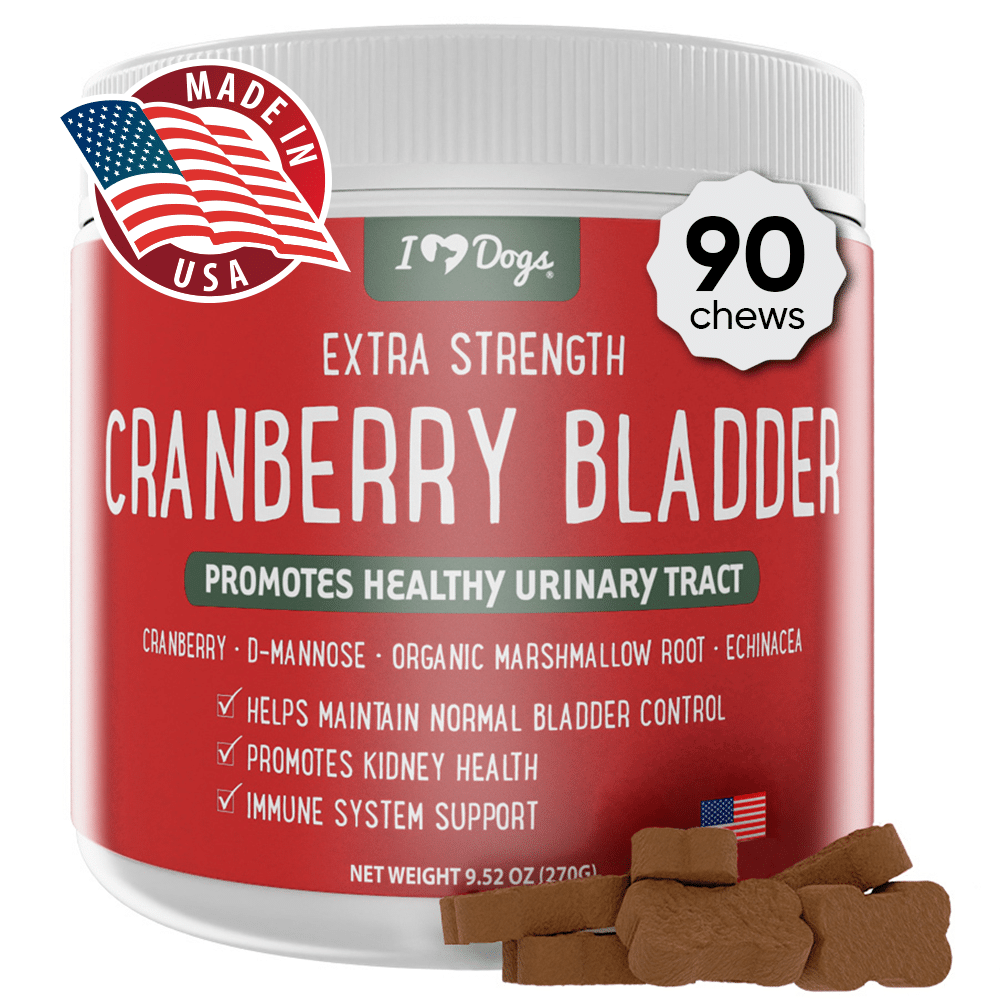
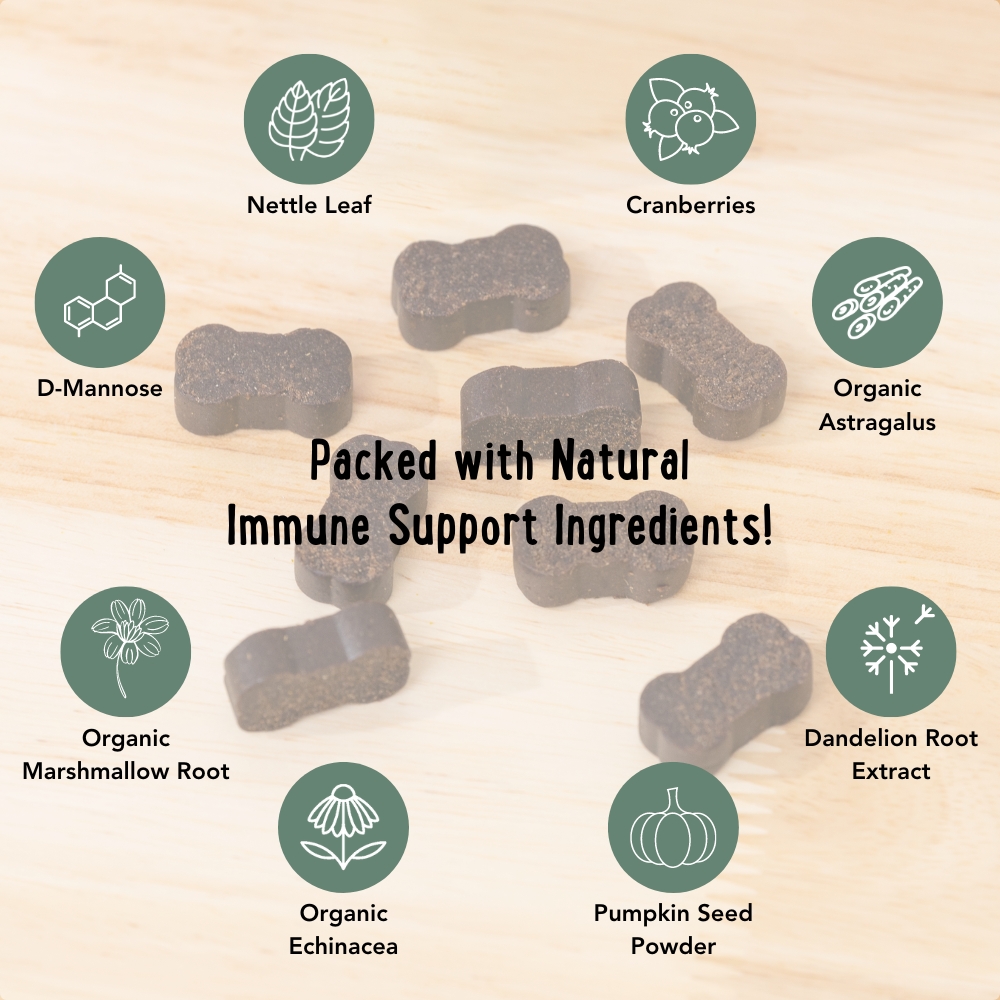
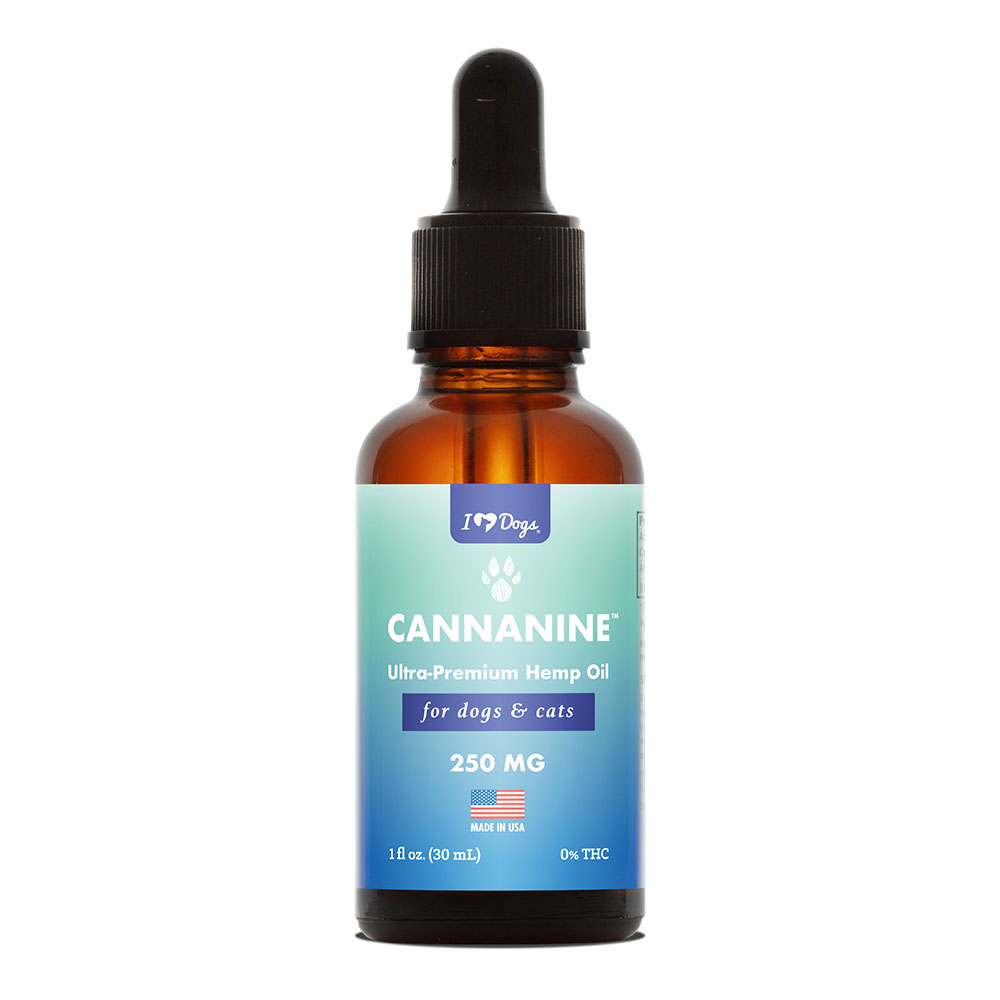


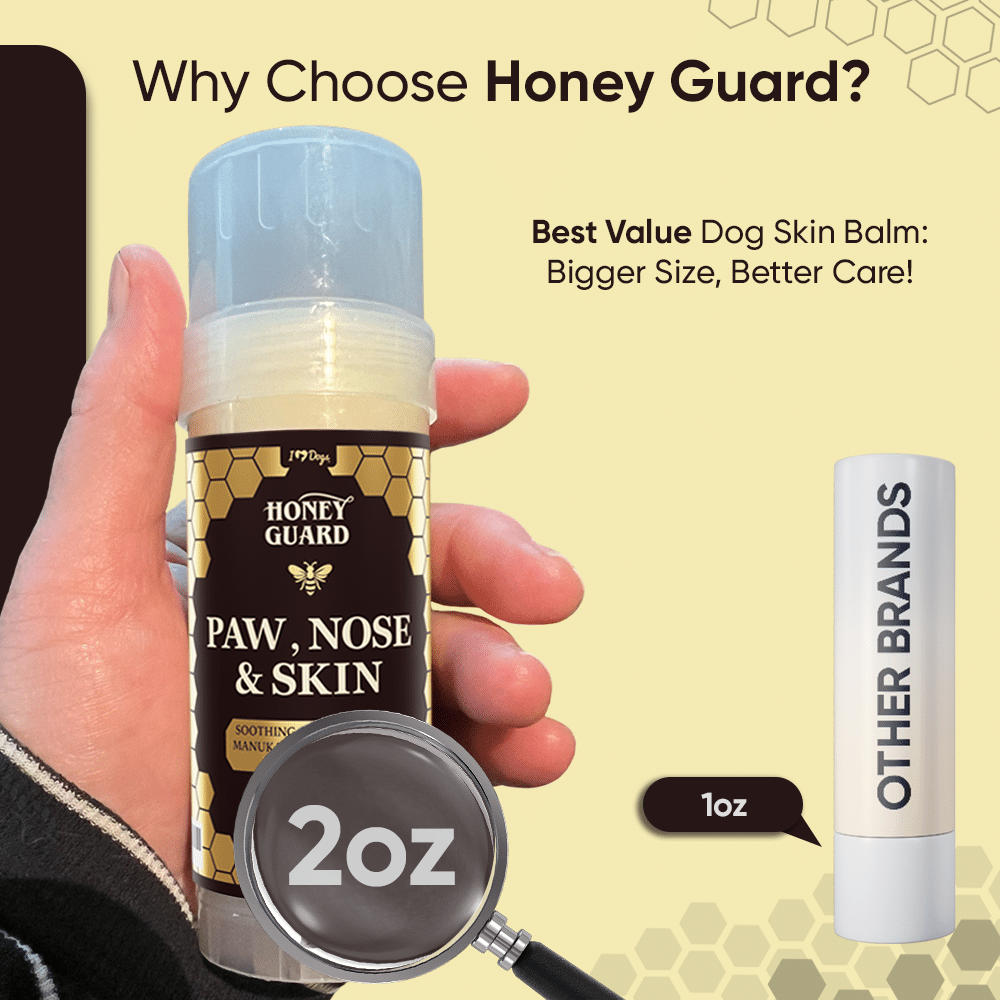
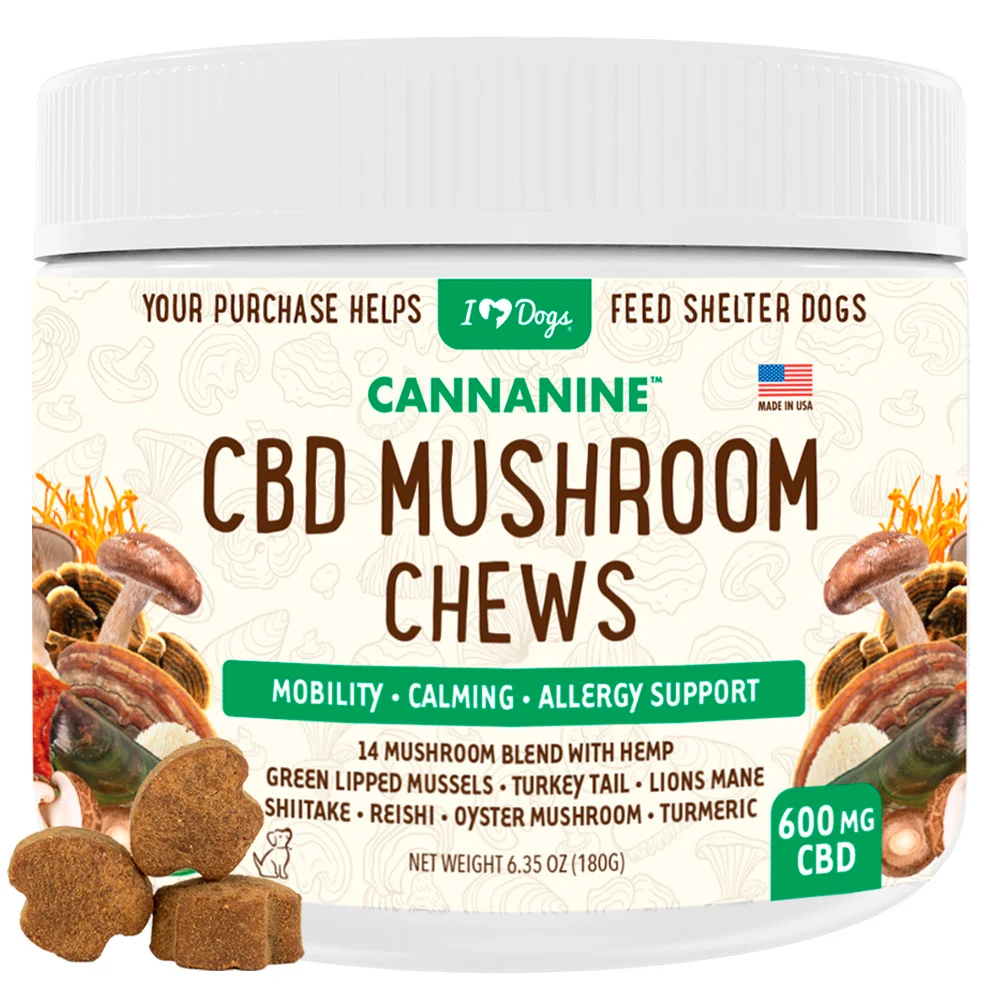


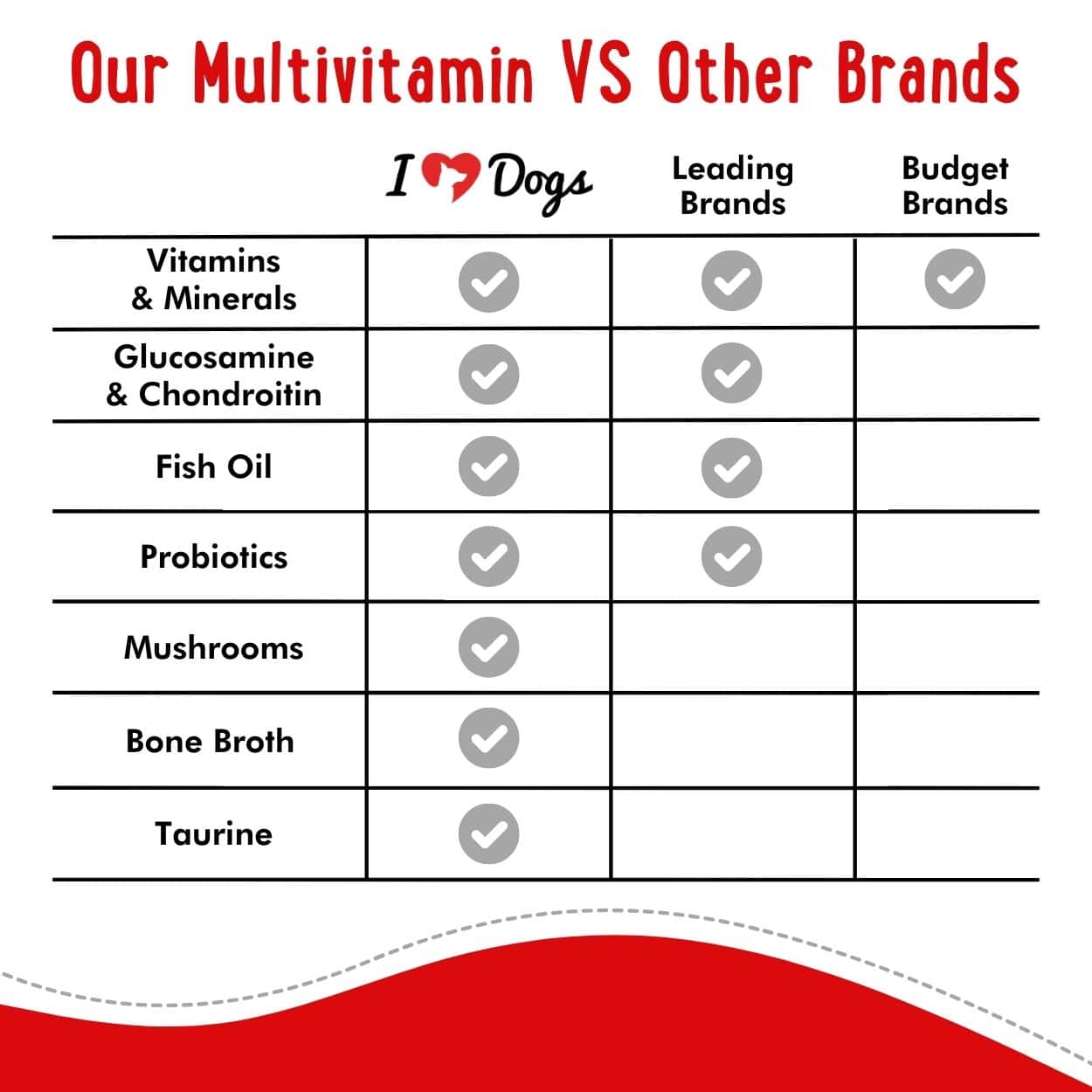
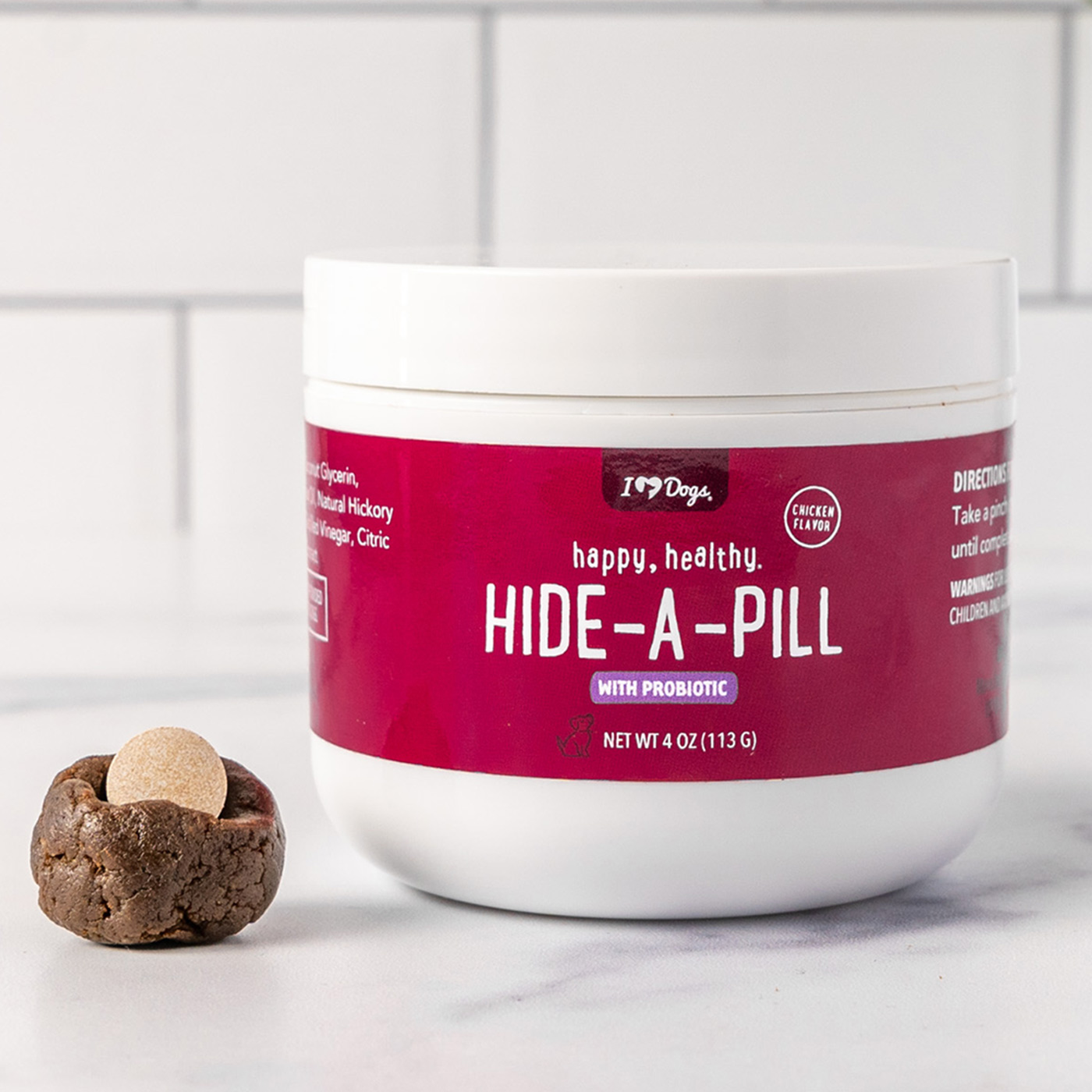
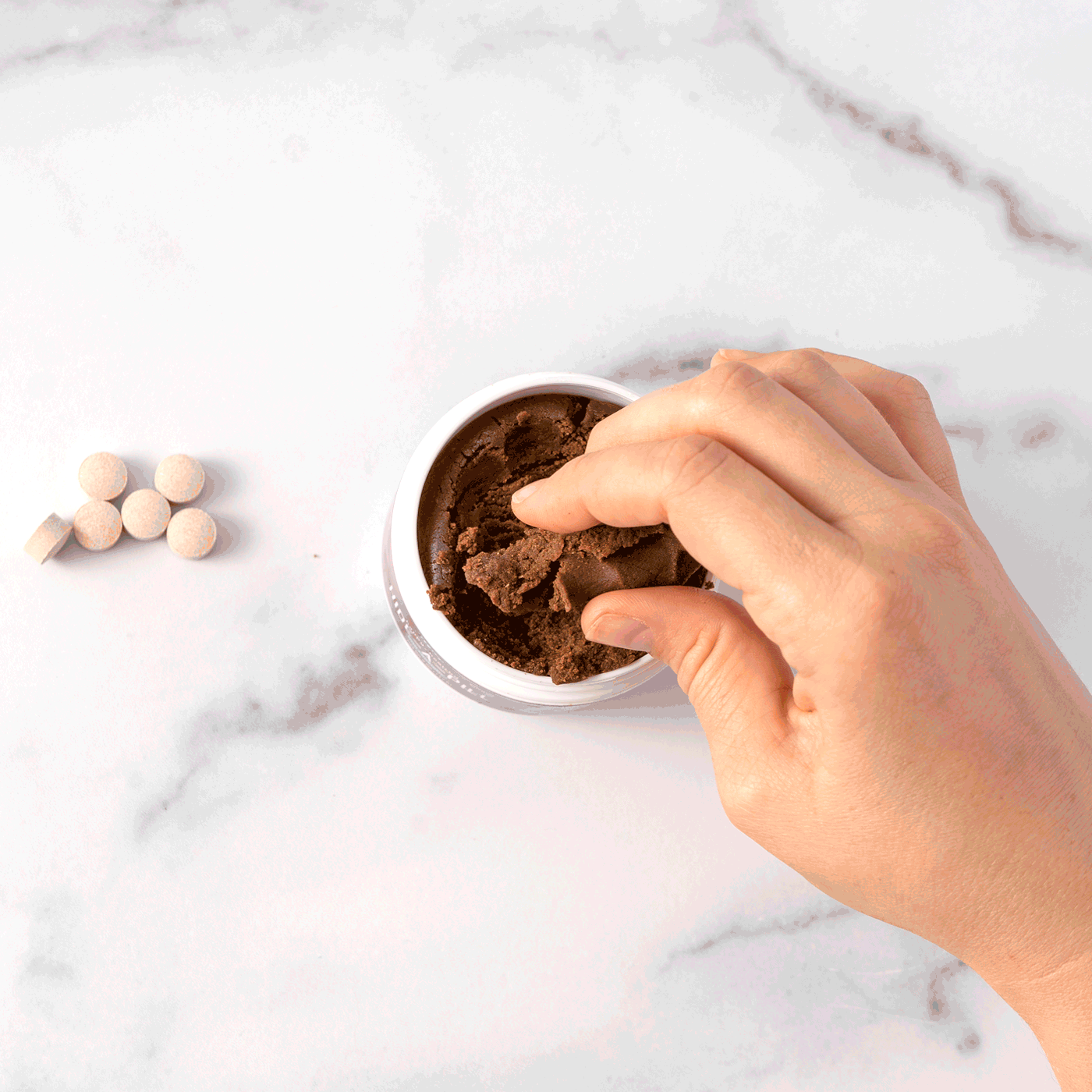
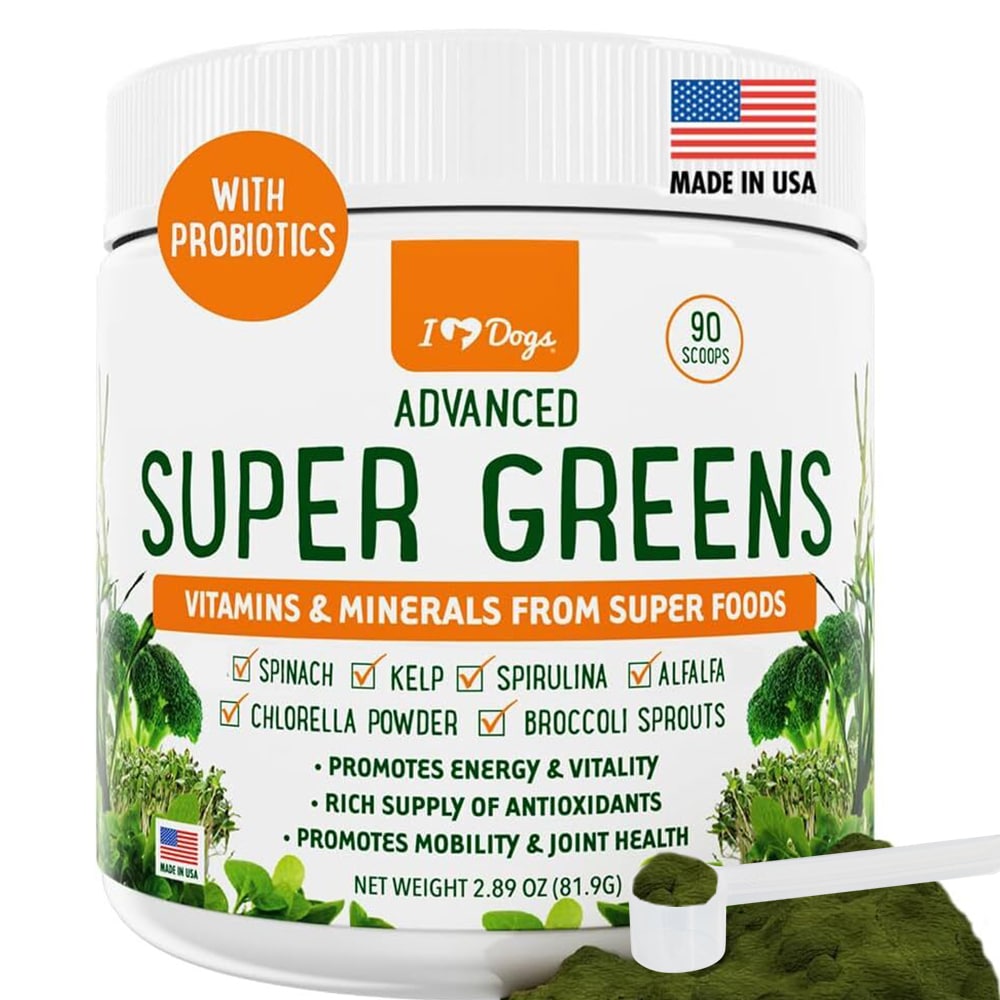


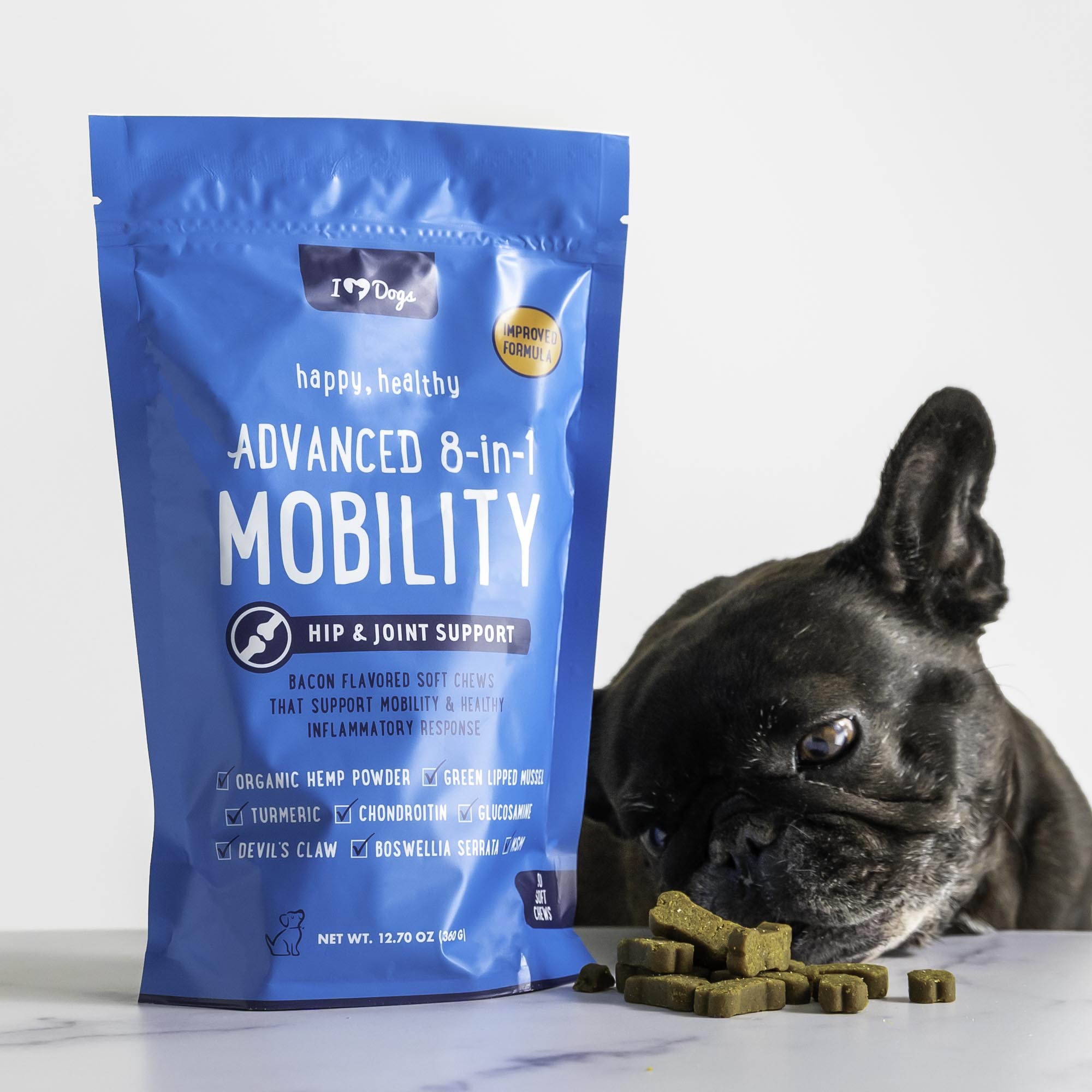


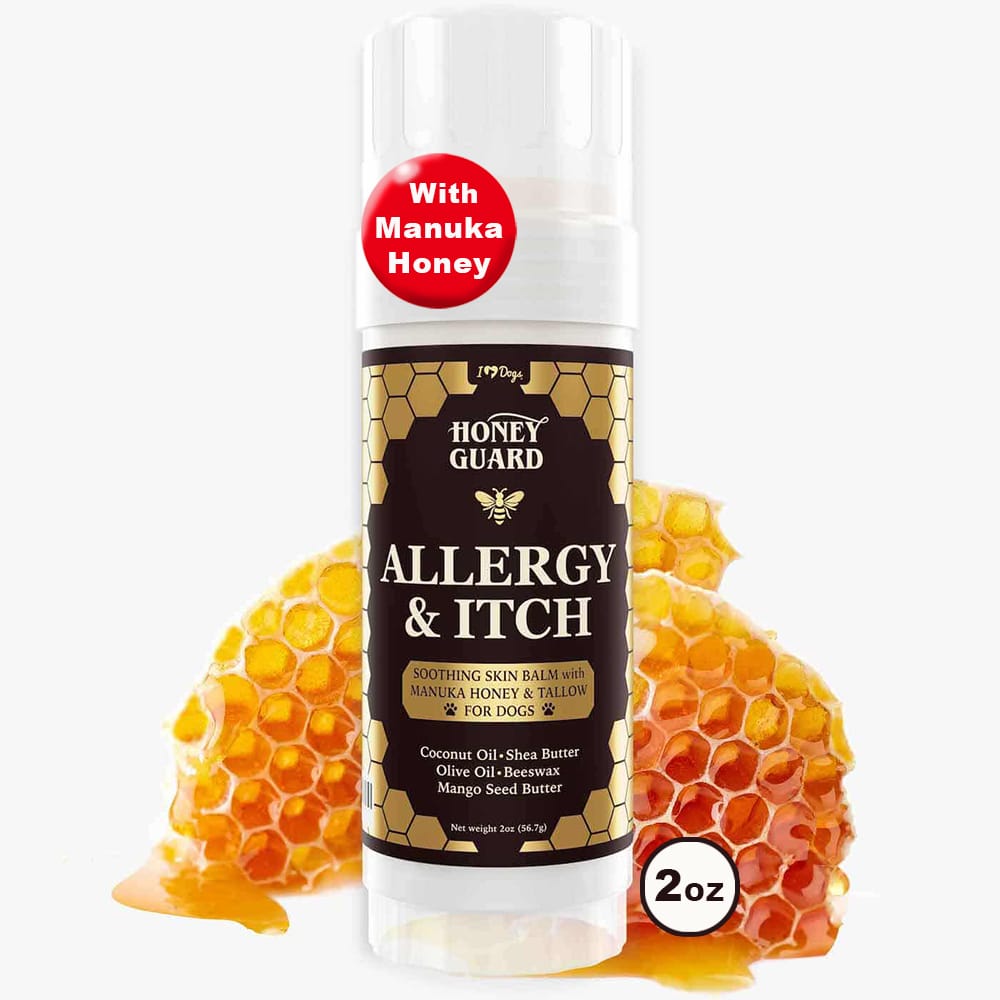
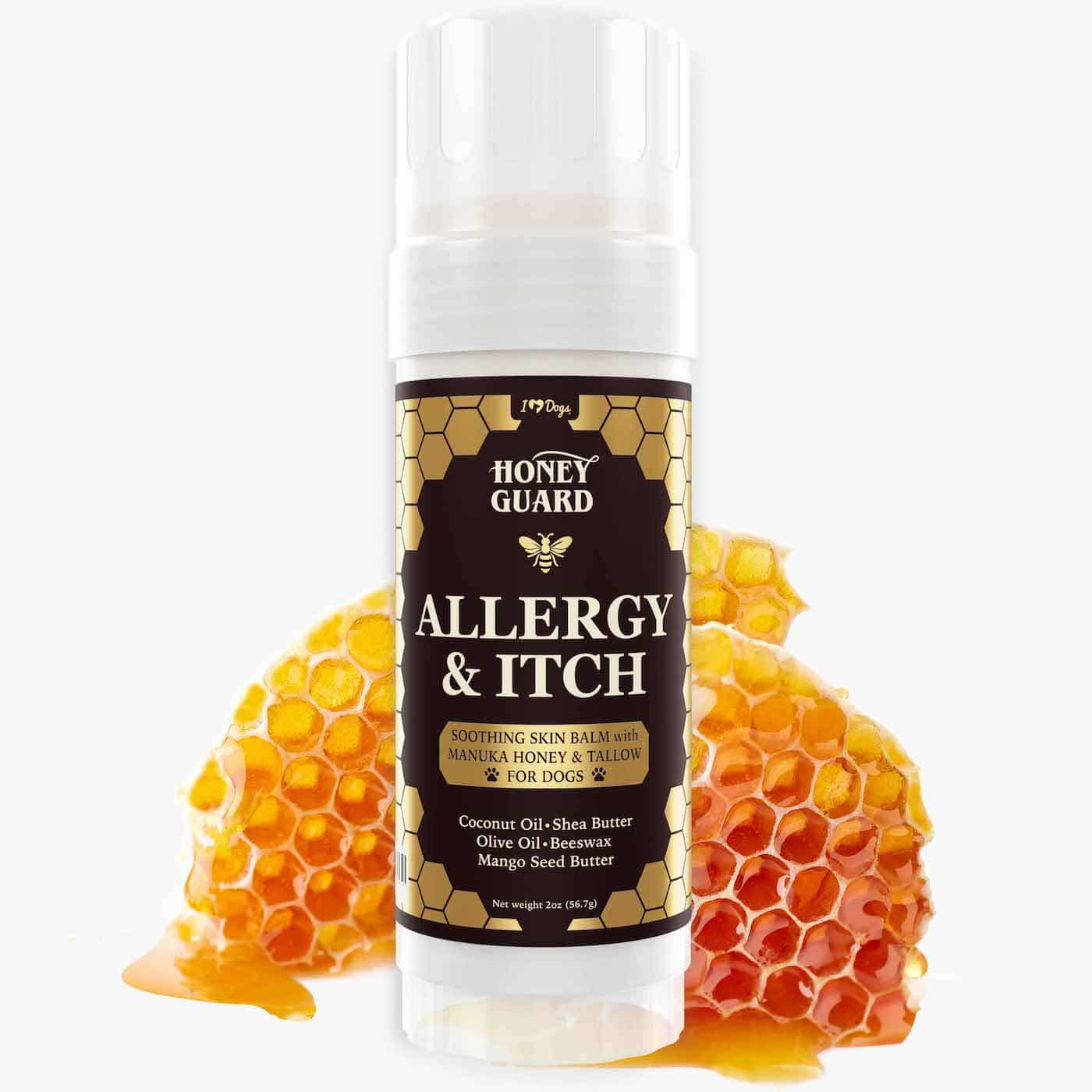






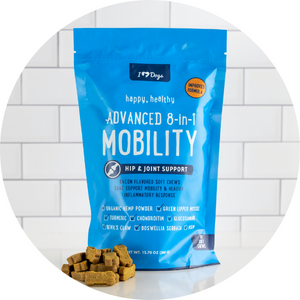

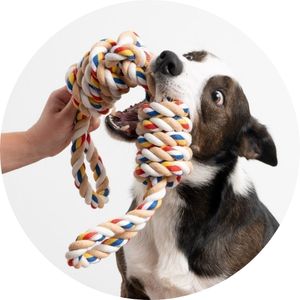

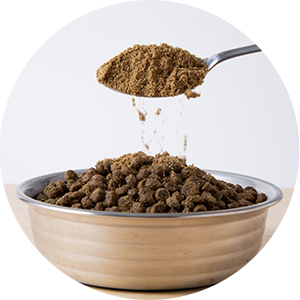

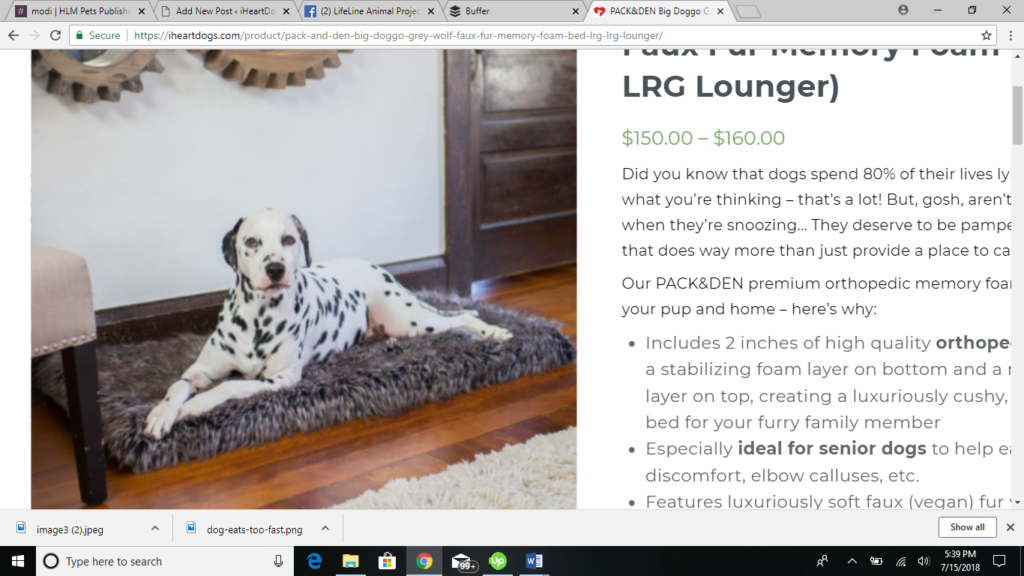
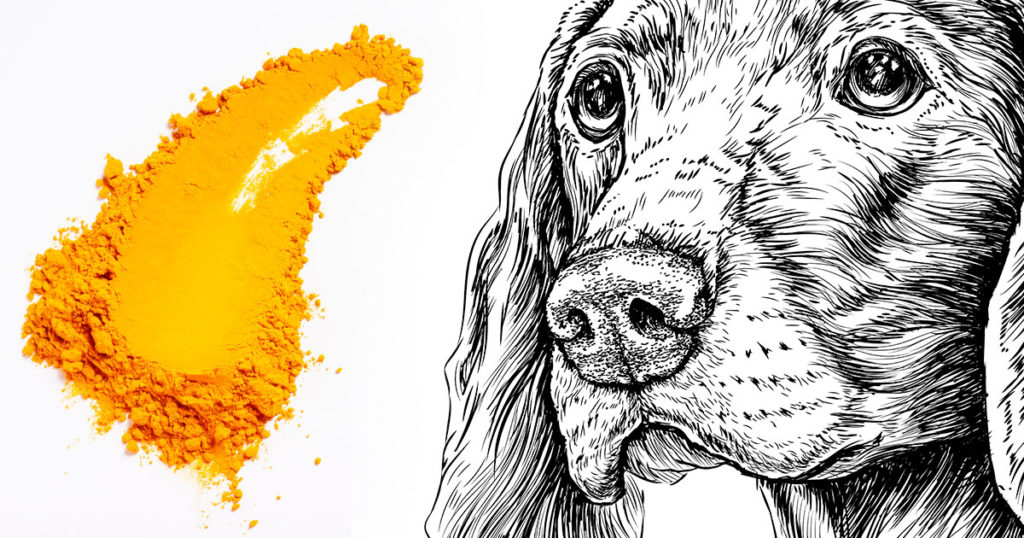

 Toledo, United States.
Toledo, United States.
